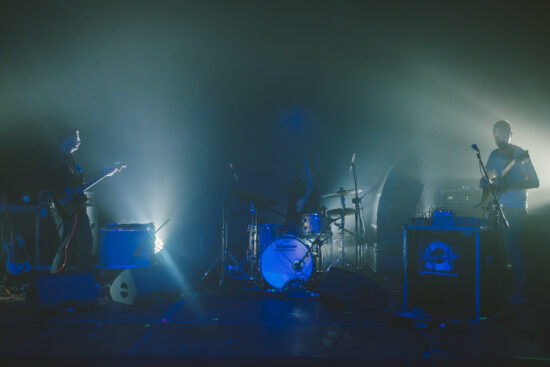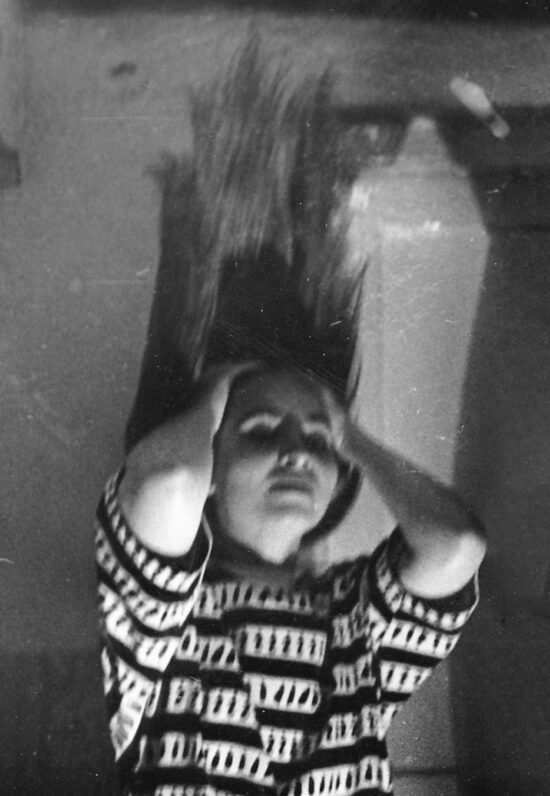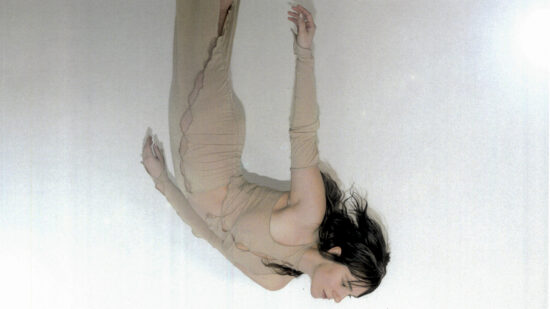Sarmacja is marching between national ecstasy, exhaustion and anger, weekend joys and the mundane greyness of everyday life in the provinces. It is a rhythmical landscape of small-town Poland, painted in dub rhythms using dense strokes of bass.
Translation: Aleksandra Szkudłapska
Sarmacja’s first album, Tutejsi (Locals), already offered a refreshing, out-of-the-box take at Polish identity as seen through the lens of electronic music. Their sophomore work, released on London’s Byrd Out label, is a dark dub trip through local dirt roads and discos, in search of the Polish spirit hovering somewhere on the margins, far away from Warsaw’s glammed up nightclubs. Sarmacja escort us through the night in a speeding car, with music banging from the speakers, the AC is on, but cannot dispel the stuffy air around us. And then they hit the gas.
The word “sarmacja” has acquired a lot of connotations in Polish, not just over the centuries, but even in the course of the last decades. Originally a poetic term for Poland, coined by 18th-century nobility who claimed they hailed from the antique Iranian confederation of Sarmatians, it evolved to signify daring bravado, kitsch, but also flexing our muscles and everything that stands for Polishness, but elevated to near-caricatural proportions. Paweł Bartnik and Michał Kołowacik look at it all from the Polish hinterland – Kutno and Płock – but without offering any kind of a political commentary. What they seem to be aiming for is an impression of sorts, intertwining the afterimages of folk (double bass strokes in “Kossak” or the flute in “Smok” against synthesizer parts) with dense, dub sounds. The rhythmic forms bring to mind roaming across the city at night, the atmosphere evokes that created by another Polish act, Syny, but Sarmacja explore nocturnal landscapes, streets and discos in a slightly different way.
Side B is the party proper – the melodica in “Olimpijczyk”, steeped in trance dubs, makes me think of a harmonica player, but this is just a warm-up. The climax comes with the brilliant “Karaoke Dub” – when Kacha Kowalczyk repeats “Kokokokołysanka Kokokokosanka”, she lingers at the crossroads of nostalgia and a contemporary fairy tale. She revolves in a galaxy of Piernikowski’s song “Dobre Duchy”, to which she also contributed – and even though I still can’t convince myself to listen to Coals, Kowalczyk’s guest featurings are simply superb. With its dub grooves and bass sounds, Sarmacja combines party atmosphere with Polish new wave traditions – these are fragments of sounds, but they resonate. A sure-fire hit.
Sarmacja, Jazda Polska, Byrd Out




